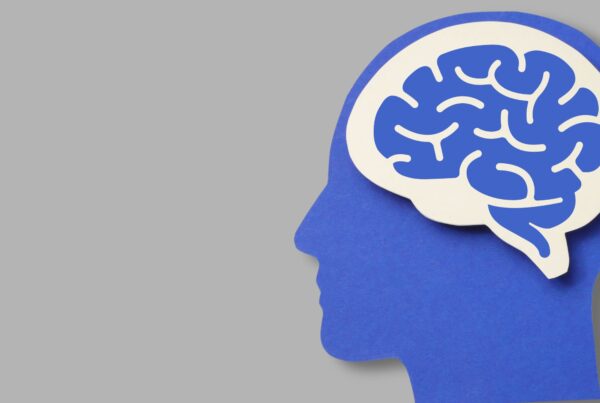If you’ve experienced a traumatic event, whether recently or years ago, you may notice that it’s affecting your sleep. Nightmares, difficulty falling asleep, or waking up in the middle of the night with racing thoughts are common experiences for people dealing with trauma. In Kansas City, many adults and teens are seeking ways to reclaim restful sleep and peace of mind, and working with an EMDR therapist can be a highly effective approach.
Understanding the Sleep-Struggle After Trauma
Trauma doesn’t just live in our memories—it lives in our bodies and nervous systems. People who have experienced trauma often find themselves in a heightened state of alertness, even when there’s no immediate danger. This hypervigilance can make falling asleep difficult or cause you to wake suddenly. You might experience:
- Nightmares or vivid flashbacks of the traumatic event

- Racing thoughts that make it impossible to relax
- Physical tension, heart racing, or sweating at night
- Difficulty staying asleep, or waking up multiple times
- Feeling emotionally “on edge” or irritable the next day
These symptoms are your body’s way of signaling that something isn’t fully processed. The brain is trying to make sense of the traumatic experience, but when memories stay “stuck,” they can continue to trigger intense emotional or physical reactions—even long after the event.
How EMDR Therapy Works
EMDR, or Eye Movement Desensitization and Reprocessing, is a type of therapy designed specifically to help people process traumatic memories. An EMDR therapist uses guided techniques that involve bilateral stimulation—like eye movements, taps, or sounds—while the client recalls a traumatic memory. This helps the brain reprocess the memory so it’s no longer overwhelming.
Unlike traditional talk therapy alone, EMDR targets the way trauma is stored in the nervous system. After sessions, many clients report:
- Reduced intensity of nightmares or flashbacks
- Decreased anxiety and hypervigilance
- Improved ability to fall and stay asleep
- Feeling more emotionally grounded in daily life
EMDR doesn’t erase memories—it helps your brain integrate them safely so that trauma no longer dominates your present.
Why Symptoms Can Persist Without Treatment

Even if you try relaxation techniques, meditation, or sleep hygiene practices, trauma-related sleep problems often linger. This isn’t a sign of weakness—it’s how trauma impacts the nervous system. Without targeted support, memories and the body’s stress response can keep you trapped in cycles of poor sleep, fatigue, irritability, and heightened anxiety.
A trained EMDR therapist can work with you to identify which memories or experiences are keeping these symptoms active. By addressing the root cause rather than just the symptom, EMDR therapy often leads to more lasting relief.
Taking the Step Toward Healing in Kansas City
Seeking help in Kansas City means connecting with therapists who understand both trauma and the ways it shows up in daily life—including in your sleep. Working with an EMDR therapist is about more than reducing symptoms; it’s about regaining control over your nights and your well-being.
If you’ve been noticing trouble sleeping after trauma, you don’t have to face it alone. Finding an EMDR therapist can be a transformative step, helping you process the past safely and reclaim rest, calm, and balance.





